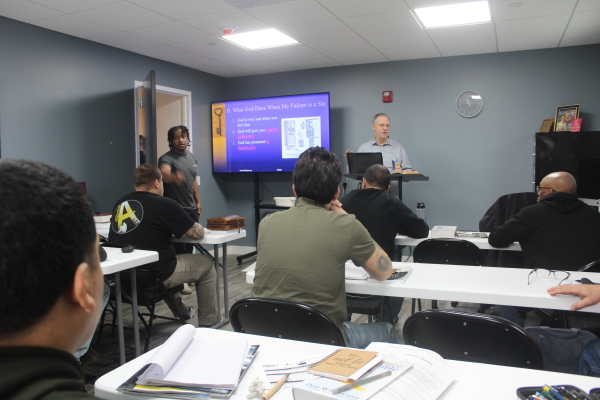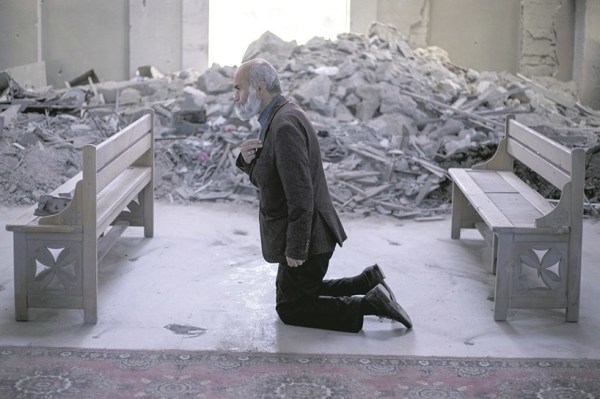4 Steps Forward for the Very Sick Church
In my previous post, I addressed the issue of very sick churches, noting that as many as 40 percent of the American congregations fall in that category. Several readers commented that they would like me to write about possible solutions to the problem.
I love to be a dispenser of hope. But I refuse to be a dispenser of false hope. The current reality is that most of the churches in this category will not reverse their trends. Again, the process may be long, but it seems so inevitable for many.
Will God Reverse the Decline?
Where is the hope in God? Do I not believe He can perform the miracles necessary to reverse the courses of these churches?
Of course I do. But in Scripture, God usually works with a willing people, at least a willing leader. When He delivered the Jews from the bondage of Egypt, he had a leader named Moses. That leader was initially reluctant, but eventually He obeyed and the people followed.
The rebuilding of Jerusalem was not easy after the exile, but God used Nehemiah to lead in the rebuilding of the wall around the city. He used Haggai to lead in the rebuilding of the temple.
Four Broad Categories of Action
Yes, reversal is possible, but God usually waits for a willing leader who will find willing people. Indeed, some of the readers in the last post shared such great stories of hope and leadership.
What are, then, some responses church leaders and members can have in their church if it is very sick? I offer four broad categories. These are not quick-fix methodologies. To the contrary, they are not specific methods at all. They are really major shifts in attitude and a new posture of the heart.
1. The church must admit and confess its dire need. Most churches move toward death because they refuse to acknowledge their condition. Sometimes a single leader will be used by God to move the church in this positive direction.
2. The church must pray for wisdom and strength to do whatever is necessary. The change will not be easy. Many will resist it.
3. The church must be willing to change radically. Frankly, this point is usually the point of greatest resistance. The church has to change decades of cumulative problem behaviors in a very short time.
4. That change must lead to action and an outward focus. When a church begins to act positively with this radical change, it has essentially become a new church. It is not the church of old that refused to change and move forward.
The Possibilities with God
Can the reversal take place? It is highly unlikely. But it is not hopeless. Our hope is built upon the words of Jesus after he confronted the rich young man who wanted to enter the Kingdom of God:
"With men this is impossible, but with God all things are possible" (Matthew 19:26).






















